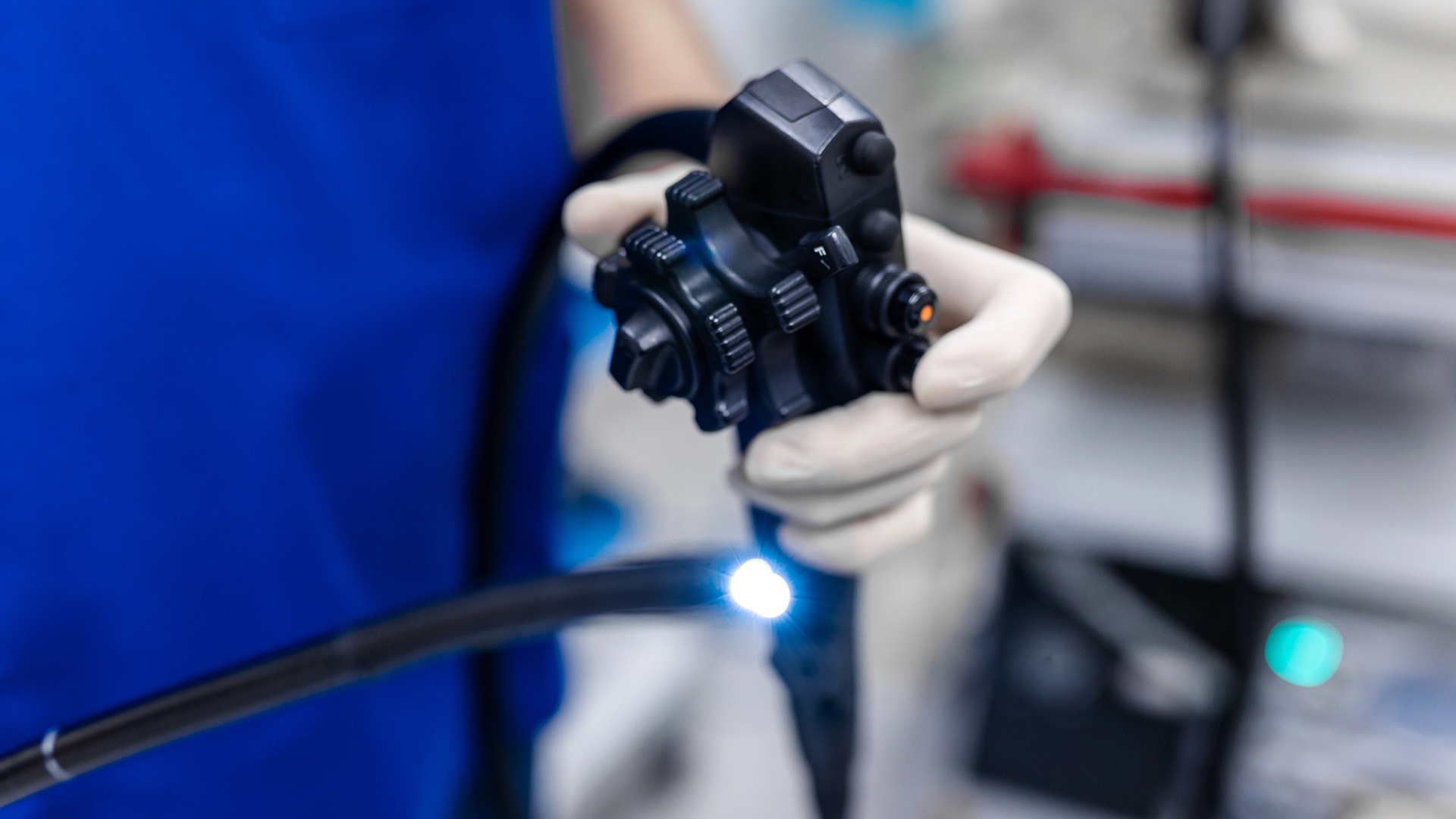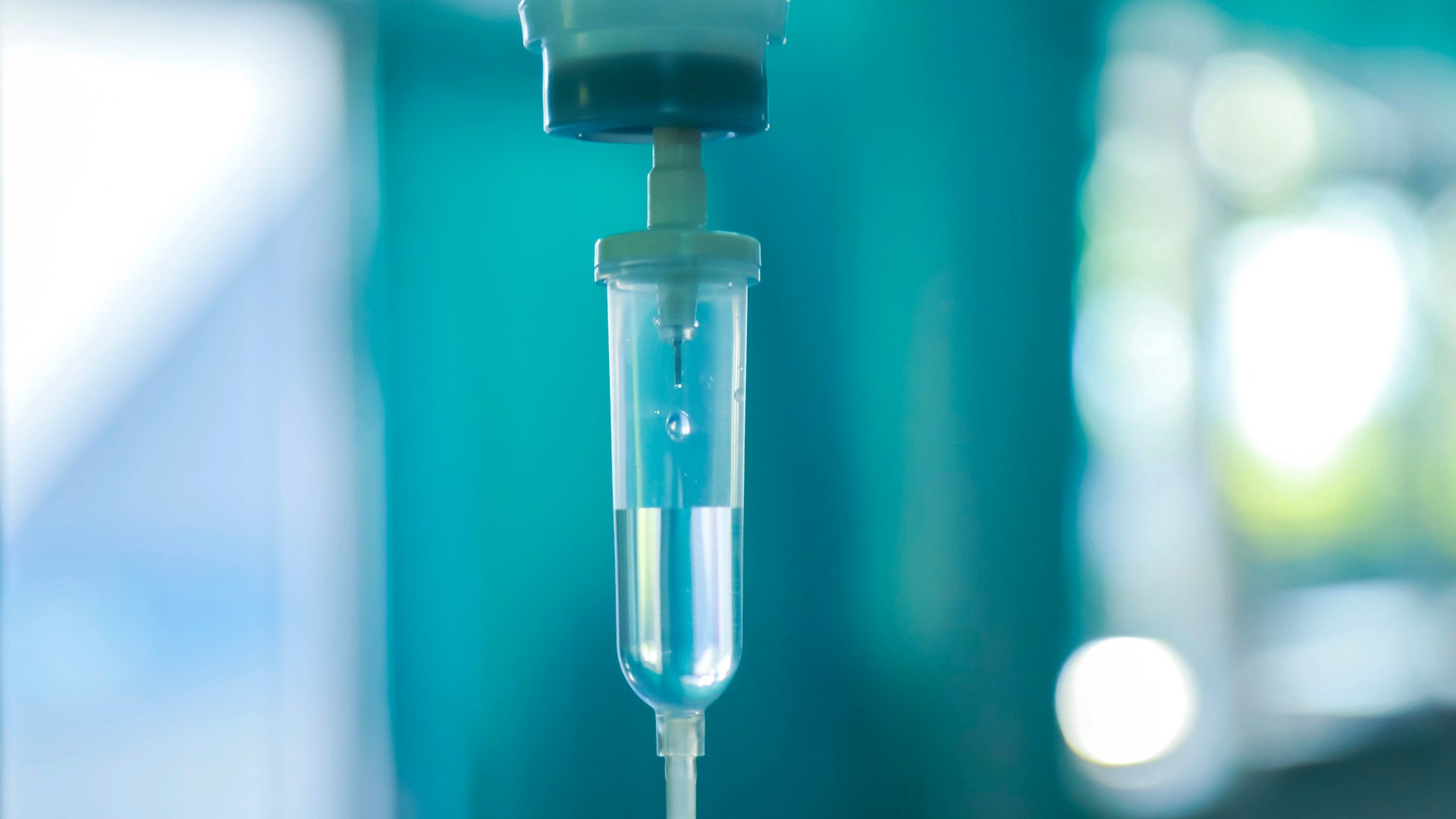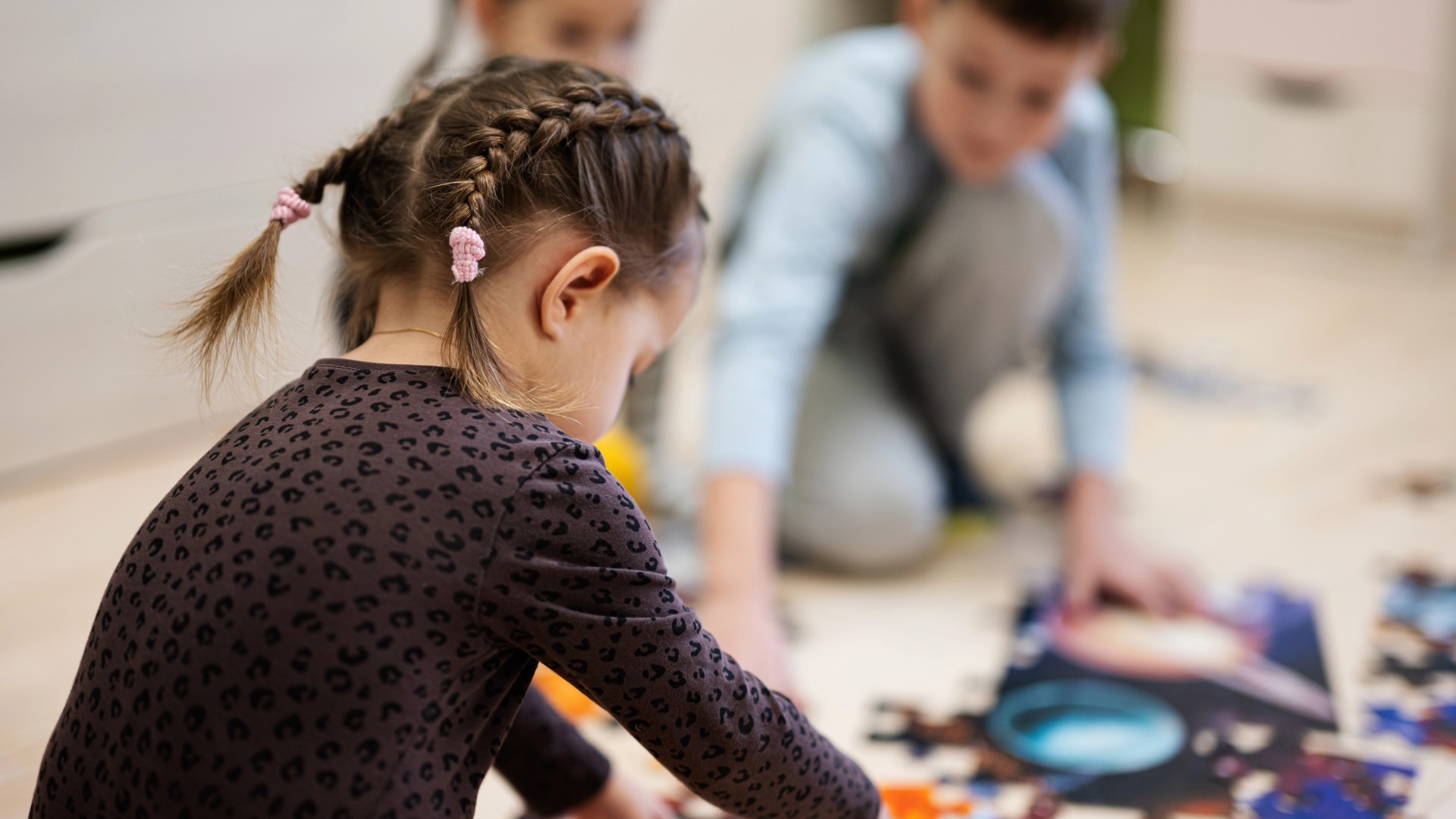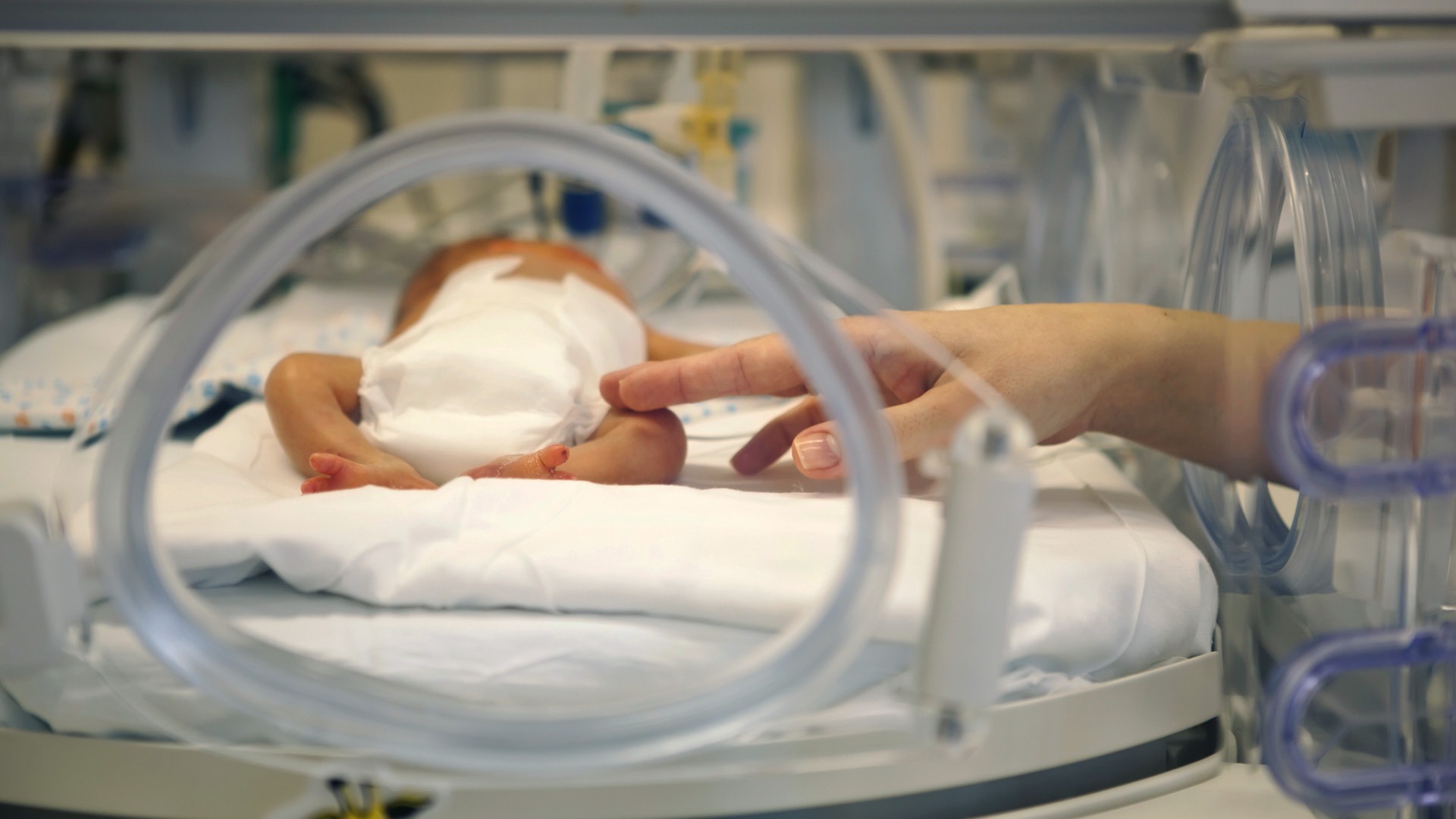Childhood central nervous system cancer affects identity in adulthood
Patients who have been treated for cancer of the central nervous system (brain tumours) in childhood or adolescence can show affected self-perception and self-identity in adulthood. This is concluded in a recent study from Karolinska Institutet in Sweden which is being published in the scientific journal Neuro-Oncology.
Undesirable persistent late-effects affect a considerable number of adults who survived childhood central nervous system (CNS) cancer. The study followed 700 adult survivors diagnosed 1992-2001 with a childhood CNS tumour. The study group covered all adult brain tumour survivors in Sweden at the time of start of study. Patients were compared with a control group selected from the general population.
In addition to health and function, researchers also studied how the illness, the brain tumour treatment and the aftermath affected patients’ psychological identity, i.e. their self-perception and self-esteem in contexts where these play a significant role, such as family, friends, work and sports. Physical body image and an overall self-esteem index were also covered. In addition to specific medical and treatment information collected from medical registers, late-effects status and self-perception factors were addressed using a standardised self-report questionnaire.
The results demonstrate that the late-effects of CNS cancer of childhood are not restricted to health and physical and neuro-psychological function. The illness experience as a whole, with the increased risk for tumour/treatment-related damage intrudes upon on self-perception and contribute to shaping of psychological identity. Compared with the general population, survivors had less favourable outcomes in several of studied aspects.
A negative instead of positive self-perception was more common among survivors. In the contexts of work and friends, for example, 22%and 30% of patients had a negative self-perception compared with 8% and 17% in the control group. In context of family, though, self-perception parcelled that of the general population. Earlier radiation treatment towards the brain and permanent physical scars increased the risk for an adverse effect on self-perception in adulthood.
“The study confirms that these patients are in the risk zone for a wide spectrum of late-effects”, says Krister K. Boman, principal investigator at the Department of Women’s and Children’s Heath at Karolinska Institutet. In addition to health-related, neuro-cognitive and function problems they also engage personality factors linked to identity, mental health and psychological well-being. The results bear witness of the width of the psychological consequence of brain tumour illness in childhood, and of the necessity of adequate support, and of psychosocial rehabilitation resources. These findings allow for specifying the need for early and continued preventative measures for these patients.”
Researchers point to that the findings verify the importance of intensified preventative measures in health care, and a follow-up plan extended into adulthood that meets the specific needs of adult patients who survived paediatric brain cancer. In addition to measures against earlier known problems, medical health care has to attend to that CNS diseases and treatment intrudes upon long-term personality development.
The study was conducted with funding from the Swedish Childhood Cancer Foundation and Karolinska Institutet research grants.
Publication: “Altered self-perception in adult survivors treated for a CNS tumor in childhoodor adolescence: population-based outcomes compared with the general population”, Hörnquist L, Rickardsson J, Lannering B, Gustafsson G, Boman KK, Neuro-Oncology, early online 20 October 2014; doi:10.1093/neuonc/nou289







